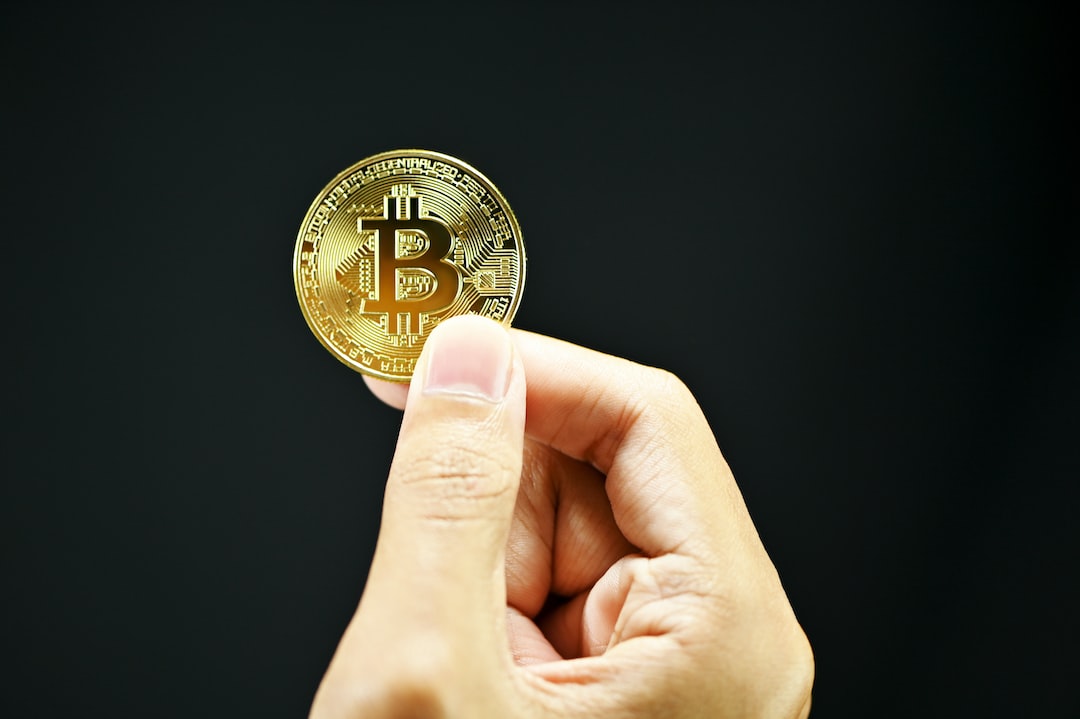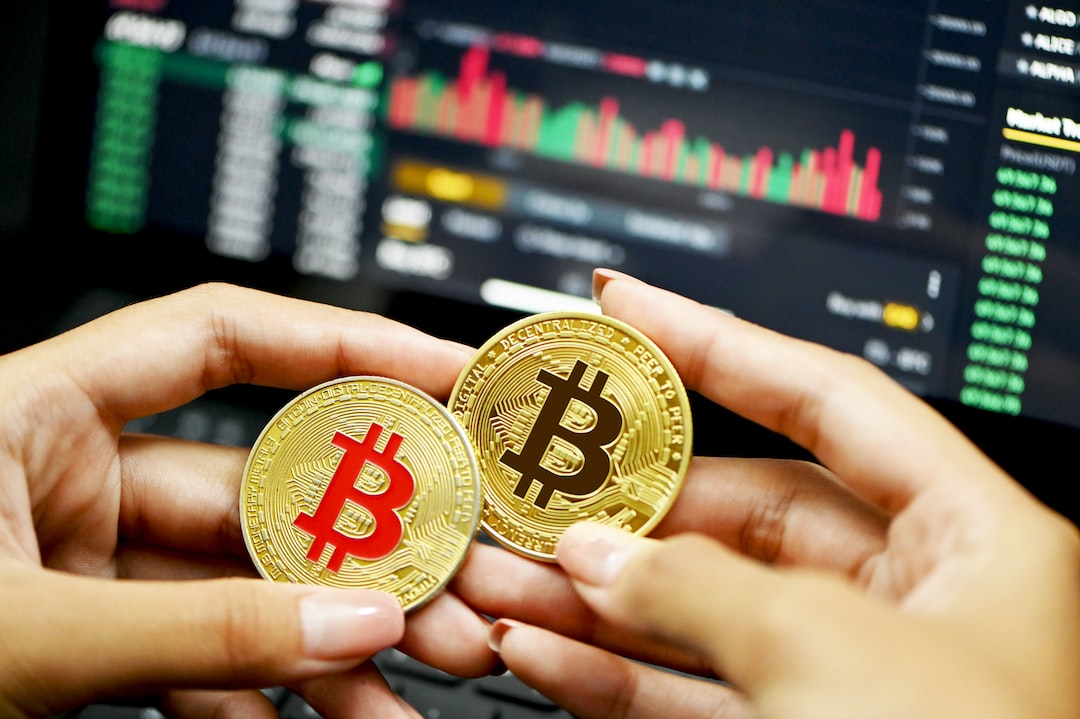SafeMoon Executives Charged with $200 Million Crypto Fraud
The U.S. Department of Justice (DOJ) and the Securities and Exchange Commission (SEC) have charged SafeMoon executives with a $200 million crypto fraud. According to U.S. Attorney for the Eastern District of New York, Breon Peace, the defendants intentionally deceived investors and used the funds to purchase luxury vehicles, real estate, and other personal assets.
SafeMoon Executives Accused of Violating Securities Laws
The SafeMoon executives, including CEO John Karony and CTO Thomas Smith, were arrested for allegedly violating the registration and anti-fraud provisions of the Securities Act of 1933 and the Securities Exchange Act of 1934. However, Kyle Nagy, the creator of SafeMoon, remains at large.
SafeMoon Investor Funds Drained
The SEC filed a complaint stating that the executive team withdrew over $200 million belonging to SafeMoon investors. This resulted in a more than 30% drop in SafeMoon’s price. Additionally, the team is accused of manipulating the price by using funds from liquidity pools that were supposed to be locked up for investors.
Executives Profited from Trading SafeMoon Tokens
Although the executives denied holding SafeMoon tokens personally, the SEC discovered that they had traded the tokens for their own benefit and generated millions in profits. This lack of disclosure and accountability is what attracts scammers like Kyle Nagy, according to David Hirsch, Chief of the SEC Enforcement Division’s Crypto Assets and Cyber Unit.
Attempts to Mask Proceeds through Private Wallets
The executive team allegedly tried to hide the proceeds by using private unhosted wallets and pseudonymous accounts on exchange platforms.
Hot Take: SafeMoon Executives Face Charges for Massive Crypto Fraud
The charges against SafeMoon executives for a $200 million crypto fraud highlight the need for stronger regulations and accountability in the cryptocurrency industry. The deliberate deception of investors and misuse of funds undermine trust and confidence in the market. This case serves as a reminder to thoroughly research and assess investments, as well as to support regulatory efforts that protect investors from fraudulent schemes.





 By
By
 By
By


 By
By
 By
By